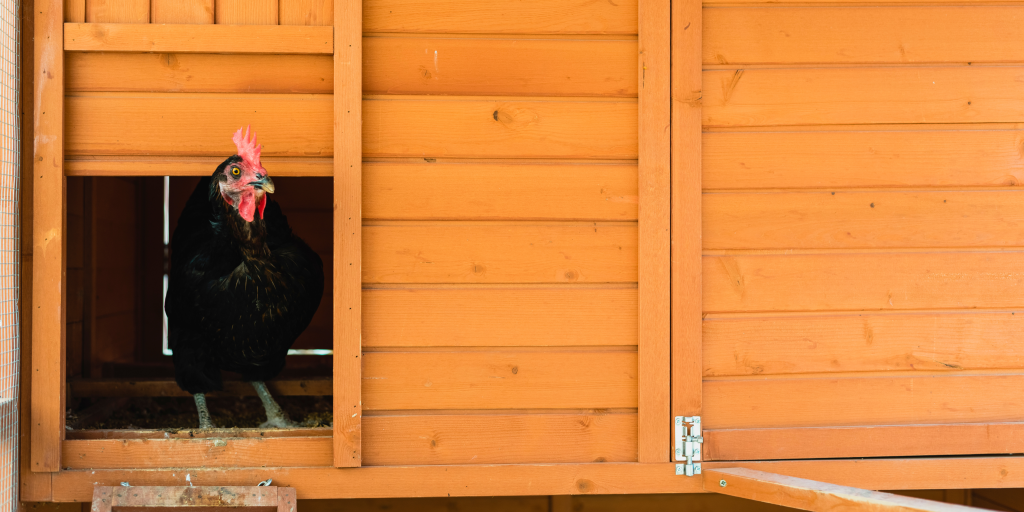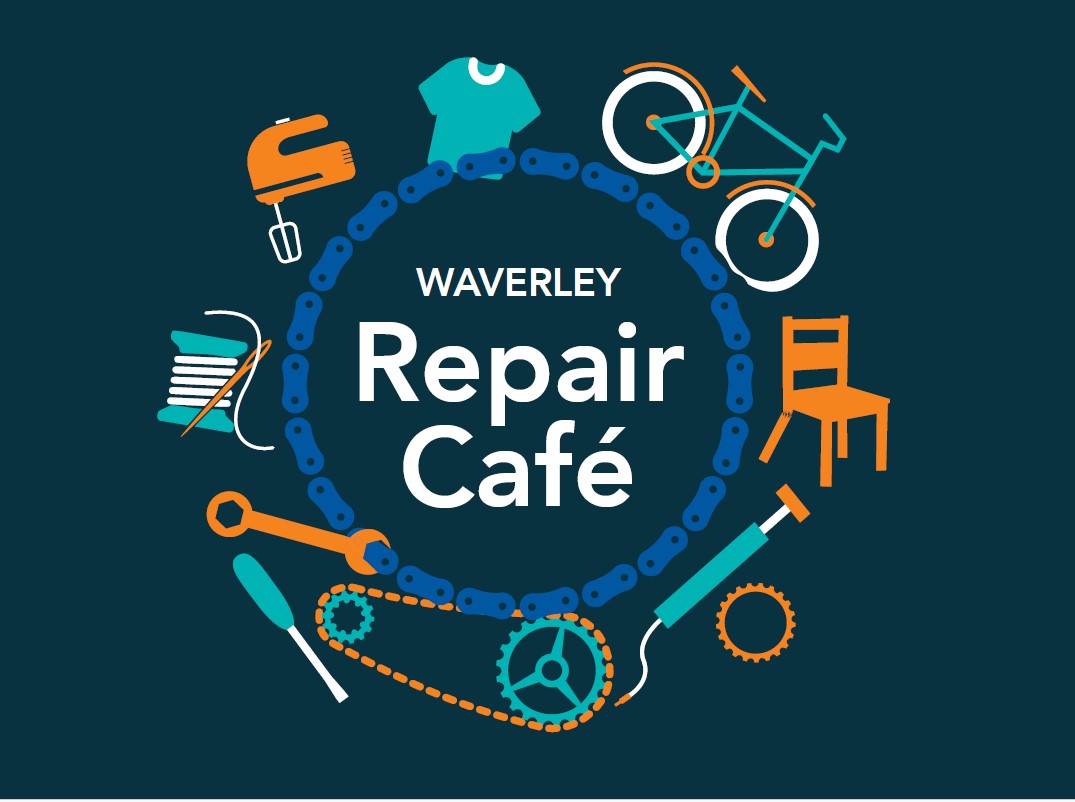
Housing multiple chickens can be a rewarding hobby, especially if you have the yard and materials to make it happen.
However, it’s also a finicky balancing act. While the right chicken coop setting can reap bountiful eggs and happy chicken, failing to adequately set everything up can lead to disastrous consequences in more ways than one.
Remember, chickens are delicate creatures, and you’ll need to provide them with tender love and care for their continuous survival. That starts by avoiding common mistakes in the chicken coop-building process.
Let’s take a look at ten major mistakes you can avoid to create the perfect chicken coop.
1.Building The Coop in a Wrong Place
Choosing the wrong location for your chicken coop can lead to several problems for your flock’s health and coop’s integrity in the long run. As such, you have to be extremely selective of the location of your coop’s foundation before you formally build it.
One common mistake coop owners make is building their coop in a low-lying area. A low-land location can leave your coop prone to flooding, increased muddiness, and general unsanitary environments as rubbish from the higher ground makes its way to the coop below.
Another common mistake is building the coop without adequate shade outside. If your location gets really hot during the summer, a shadeless coop can add to the stress that the chicken feels. It can even lead to heat-related health problems.
To keep your chickens safe, it’s best to put the coop in a shaded, dry, and elevated or flat patch of land.
2. Ignoring Predator Protection
If you live in a place where chicken eaters prowl about, it’s essential to have safeguards in place to keep them at bay. Use sturdy materials like hardware cloth and wires to prevent predators from gaining unauthorised access within the coop.
Furthermore, ensure that they can’t dig through your coop by burying fences underneath. You can also install a motion-sensor light to scare off nocturnal predators. Putting natural deterrents that combat your region’s specific set of predators can also be useful.
If you don’t have these forms of protection in place, your flock’s life will be in constant danger. As such, it’s best to have them installed than to wake up with feathers and entrails in your coop where your chickens are supposed to be.
3. Overcrowding The Coop
While the idea of maximising every inch of your space to hold a chicken may seem enticing from a profit-driven standpoint, this idea can bite back in the long run. An overcrowded coop can lead to your chickens feeling a great deal of stress and anxiety on a daily basis.
It can also cause chickens to fight each other (and their owners) for territory, which can cause a plethora of additional problems—such as injuries or great difficulty in managing the flock.
Ideally, set at least 2-3 square feet per chicken inside the coop. This way, the chickens will have enough free space to move around and their health and comfort will be adequately cared for.
4. Inadequate Ventilation
When building a chicken coop, it’s essential to consider the airflow of the structure.
Without ample ventilation, the coop’s interior can be stuffy and hot—which can be a breeding ground for bacterial growth and general discomfort for your chickens.
If you have a lot of chickens, failure to clean the coop coupled with inadequate ventilation can also cause a buildup of ammonia in the enclosed space—leading to potential respiratory illnesses.
The best thing to do is to install an air duct within your coop. Considering its small size, you can put up natural ventilation and that would suffice.
Just be sure no rainwater or outside elements fall through it. It’s also essential to continuously upkeep the vents and clean them from random items that may fall inside—such as chicken feathers or blown leaves
5. Using the Wrong Litter
Another mistake you may need to correct is using the wrong litter for your chicken coop. Certain types of litter like cat litter can be dangerous for your chickens, as they can peck on the litter, ingest it, and develop digestive issues.
Other types of litter like corncobs, rice hulls, and peanut hulls are also not ideal as a form of chicken litter as they’re not absorbent. This can cause chicken poop to accumulate and lead to sanitary issues within the coop. In turn, this could exacerbate your flock’s respiratory health and worsen the cleanliness of the coop’s environment overall.

6. No Light Source
If you fail to put a proper light source in your coop, your flock’s health and productivity can suffer immensely. Chickens, like other animals, rely on light cycles to perform several functions—including regulating their laying times.
If your coop lacks adequate lighting, your coop’s output won’t be as fruitful as it could be.
For this reason, it’s essential to set up your coop to allow a sufficient flow of natural light. One way to do so is by putting a window or translucent roof panel in strategic areas of the coop for natural light to flow in.
Another way to mimic daylight is by setting up timer-based energy-efficient LED bulbs to mimic natural daylight. Be sure to also dedicate some time for darkness for chickens to rest and regulate their circadian rhythm.
By providing a balanced light source, your chicken will be more well-rested and comfortable, thus ensuring the productivity of your flock.
7. Weather Unpreparedness
Another potential risk you should account for is your chicken coop’s safety measures against various weather conditions. In severe cases of heat and rain, inadequate shelter can leave some chickens in your coop at risk of getting ill or worse.
The best solution to prevent this from happening is by getting a shaded chicken coop from Somerzby or building a DIY version yourself. A well-insulated and ventilated chicken coop that keeps the internal temperature in your coop at reasonable levels can help promote the productivity of your chicken coop. It also ensures that your flock stays healthy and can live a long life.
If you live in a climate with varying temperatures, be sure to take these temperature swings into account when building or buying your chicken coop. Undergo a renovation process if you feel that the coop’s ability to withstand bad weather is insufficient. This way, your flock won’t unexpectedly perish or become unproductive due to bad weather.
8. Not Maintaining Proper Drainage
If your coop constantly puddles with standing water, then you should work on improving that condition at once. A waterlogged and muddy coop can cause all sorts of bacteria to grow, which can worsen your chicken’s health.
To alleviate the problem, consider elevating your coop off the ground to prevent it from flooding. You can also surround the bottom part of your coop with gravel and sand to improve drainage.
In doing so, your coop will remain clean and dry, which can keep your flock healthy and happy.
9. Neglecting Nesting Boxes
If you lack nesting boxes, your hens may not be comfortable enough to maximise their egg-laying count.
As a rule of thumb, having one nesting box per 3-4 hens is a good idea. This number is just enough to keep the area comfortable and inviting for your hens to lie in without overcrowding.
You should also put these nesting boxes in a dark and quiet corner to help your hens feel safe as they lay their eggs.
10. Not Securing Your Feed
If you fail to tightly secure chicken feed, pests like rodents and insects can make their way into the stores and munch on these things themselves. This not only leads to a depleted supply of feed but also increases the chance of contamination as pests may defecate within these feed storage boxes.
As a chicken keeper, it’s essential to minimise pest-related issues by securing your feed storage in appropriate and hard-to-access containers. You can position the feeder in a dry and shaded area of the chicken coop that’s slightly elevated—four to six inches above the ground would suffice. Don’t put it too near nesting boxes to keep it away from stray pests.
By properly placing your feed in a nice and elevated spot, your chicken’s food stores won’t be compromised and you can sufficiently feed them routinely with peace of mind.







